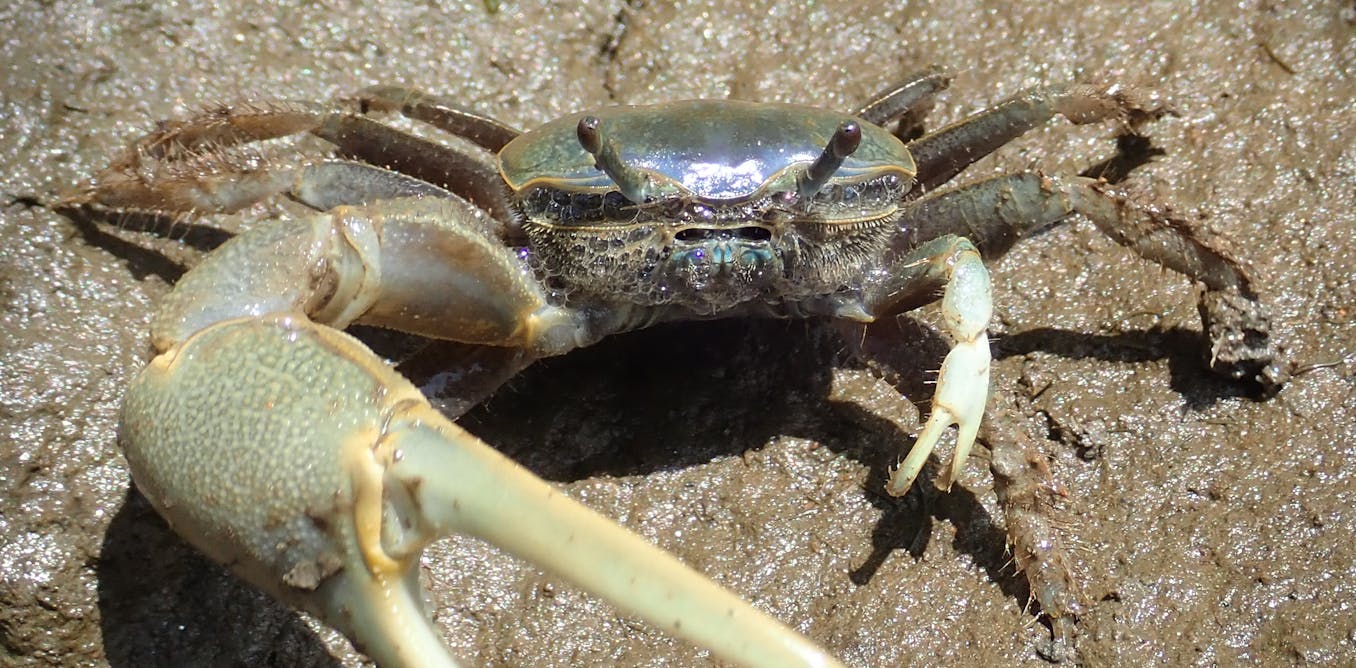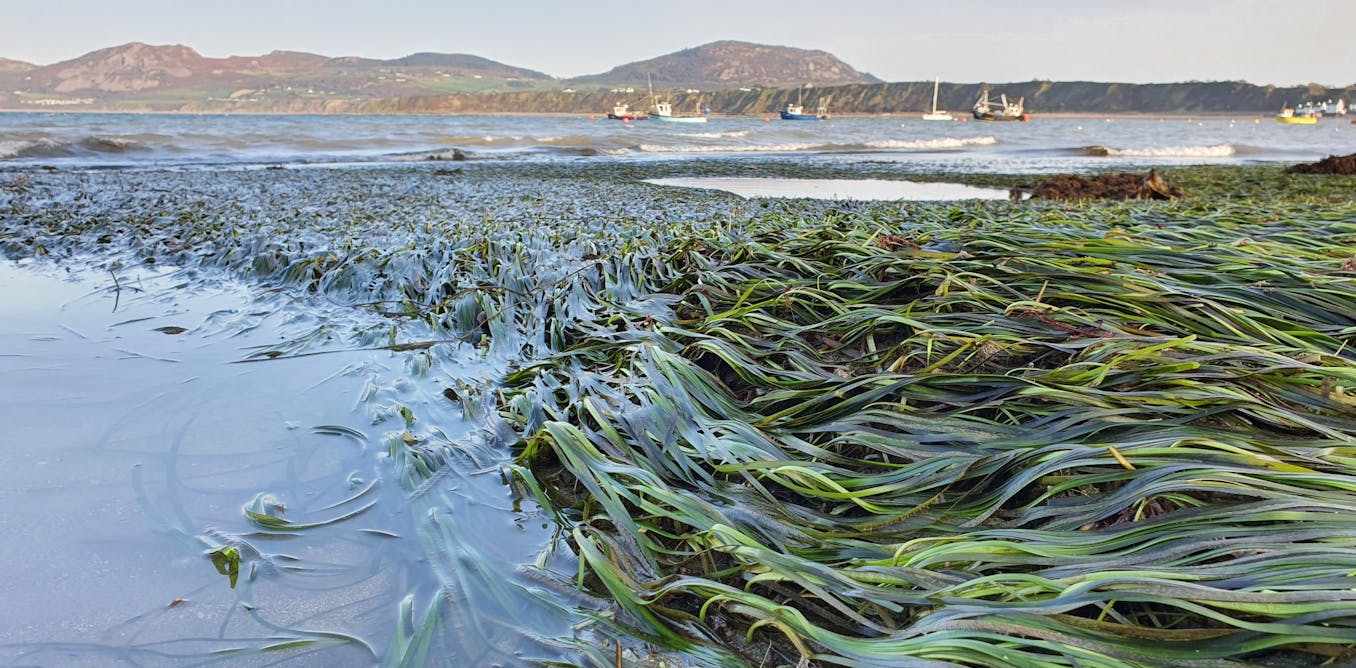How a thumb-sized climate migrant with a giant crab claw is disrupting the Northeast's Great Marsh ecosystem
South of Cape Cod, fiddler crabs and marsh grass have long had a mutually beneficial relationship. It’s a different story in the North, where the harms can ricochet through ecosystems.
Dec. 5, 2023 • ~9 min







